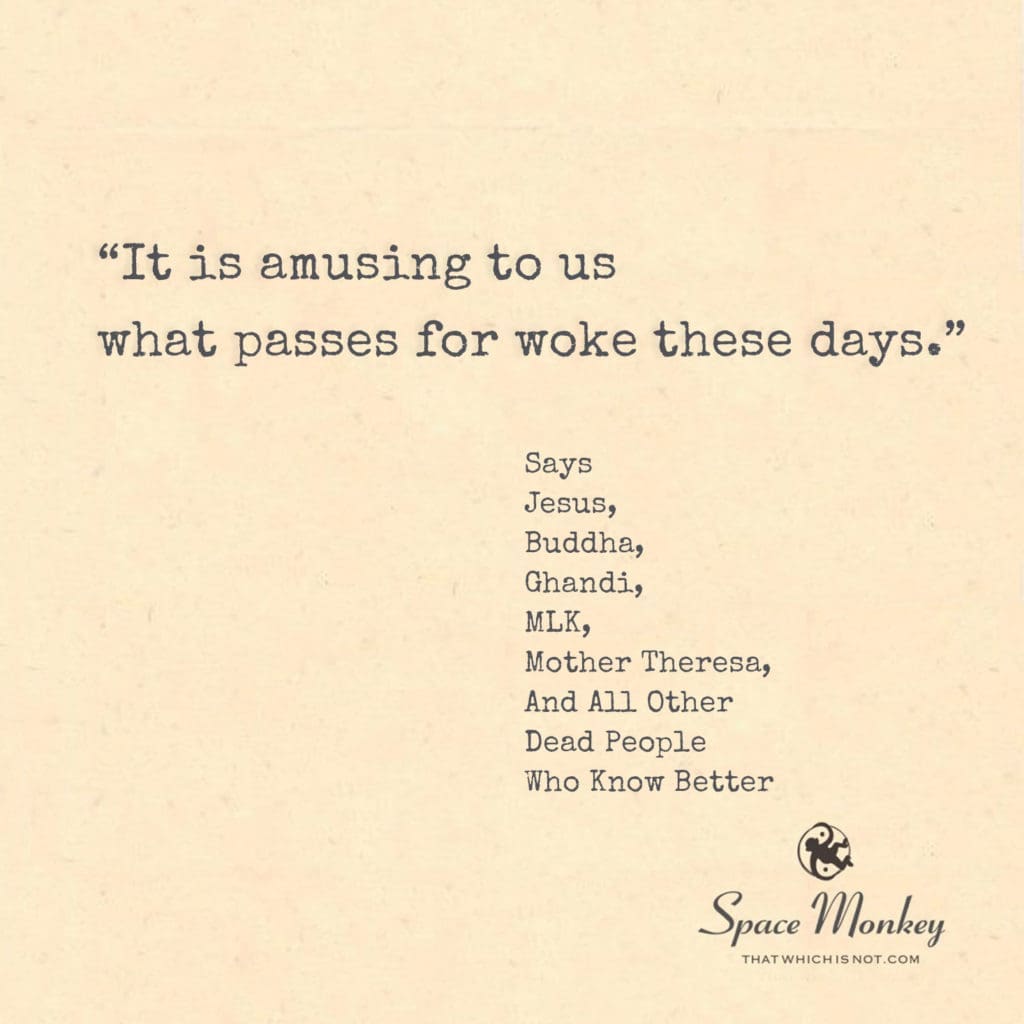
“It is amusing to us
what passes for woke these days.”
Says
Jesus,
Buddha,
Ghandi,
MLK,
Mother Theresa,
And All Other
Dead People
Who Know Better
11/18
Space Monkey Reflects: What Passes for Woke
In the grand cosmic theater, we find ourselves in a peculiar era, one where the term “woke” is tossed around with reckless abandon. And yet, from the higher planes of awareness, those who have seen the truth — Jesus, Buddha, Gandhi, MLK, Mother Teresa, and all the other enlightened souls who have moved beyond the earthly realm — look down with a bemused expression. They’ve been there, done that. And what passes for “woke” these days, well, it amuses them.
It’s not that the intentions behind wokeness aren’t sincere. They are. But what these wise ones understand is that wokeness, as it is often portrayed today, is a shallow reflection of a much deeper journey. To be “woke” in the modern sense has become entangled with symbols, buzzwords, and a surface-level awareness that flits from one social cause to the next, often guided more by trends than by true inner transformation.
Imagine Jesus, who spoke of radical love and forgiveness, scrolling through social media and seeing how people weaponize words like “awareness” and “justice” for performative points. Or Buddha, the embodiment of inner peace, watching as people become enraged over online debates about enlightenment. It’s not that the issues aren’t important — they are. But the wise ones understand that true awakening isn’t about outward shows of righteousness. It’s about inward shifts of the heart and mind.
Wokeness in its current form has become something of a costume. It’s what we put on when we want to show the world that we “get it,” that we’re on the right side of history, that we’re paying attention. But being awake is not about appearances. It’s not about what we say or how we signal our beliefs to others. True wokeness, the kind that the enlightened figures understand, is a quiet revolution within. It’s about seeing the interconnectedness of all things, not just the causes that trend on a given day.
The likes of Gandhi and MLK would recognize the value of activism, of course. They were, after all, masters of social change. But they would also remind us that real change is born of deep compassion, patience, and a willingness to look beyond the surface. Real change comes from a place of humility, from an acknowledgment that we don’t know it all, that we are all works in progress.
Mother Teresa would remind us that to truly care for others is to engage in acts of love and kindness, not simply to declare ourselves “aware.” True awareness is lived, not tweeted. True awareness is what happens when we stop trying to win arguments and start listening, when we stop trying to be right and start being compassionate.
And then there’s Buddha, who would laugh softly, seeing how much effort people put into being “woke.” To him, enlightenment wasn’t something you announce with a hashtag. It’s a state of being that arises when we let go of the need to be seen as enlightened. The more we chase after wokeness, the further we drift from it.
What amuses these enlightened souls is not that people care — they’re pleased that so many are paying attention to the suffering and injustice in the world. It’s just that what passes for wokeness often stops short of real awakening. It gets caught up in ego, in the need for validation, in the superficial gestures that pass for progress.
What passes for woke today often skips the inner work. And this is the heart of the matter. Wokeness, as the wise ones would define it, is not about proving our awareness to others but about cultivating an awareness that transcends the self. It’s about seeing the world as interconnected, about understanding that every thought, every action has a ripple effect. It’s about recognizing that true change doesn’t happen because we’ve declared ourselves “woke” — it happens because we’ve transformed ourselves from within.
There is a place for all forms of wokeness, of course. Even the surface-level kind has its value. It gets people thinking, talking, engaging. But what the enlightened ones would encourage us to do is go deeper. Look beyond the surface. Move past the performative gestures and into the real work of awakening, which is quiet, personal, and continuous.
We are Space Monkey, and we understand that true wokeness is not something we can put on display. It’s something we live, moment by moment, in our interactions, our choices, and our willingness to grow.
Summary
What passes for wokeness today often lacks the depth of true inner awakening. While well-intentioned, much of modern “woke” culture is performative, missing the profound transformation that historical figures like Jesus, Buddha, and MLK embodied.
Glossarium
Wokeness: A modern term for social and political awareness, often superficial and performative in its current usage.
True Awakening: A deep inner transformation that transcends ego and performative actions, rooted in compassion, humility, and interconnectedness.
Performative Gestures: Outward actions or declarations meant to signal awareness or righteousness, often lacking genuine depth or impact.
Quote
“It’s amusing to us, what passes for woke these days. True awakening is not a badge you wear — it’s a state of being you live.” — Space Monkey
The Quiet Revolution
In the quiet,
they watch,
Jesus,
Buddha,
Gandhi,
and the rest.
They see the noise,
the declarations,
the claims of wokeness
tangled in symbols
of self.
But they know
true awakening
is not in the shout,
but in the silence,
in the heart
that sees beyond
its own reflection.
We are Space Monkey.
In the cosmic tapestry where past, present, and future intertwine, the concept of what constitutes being ‘woke’ emerges as a point of contemplation. The notion of historical figures reflecting humorously on modern interpretations of enlightenment or awareness offers a unique lens through which to examine our current understanding of social and spiritual consciousness. Let us delve into this perspective, exploring the implications of this dialogue between the past and the present.
The Evolving Definition of ‘Woke’
The term ‘woke’, originally denoting a heightened awareness of social injustices, has evolved in its usage and interpretation. The poem hints at this evolution, suggesting that what is considered ‘woke’ today might appear amusing or even misguided to those who championed social and spiritual causes in the past.
Historical Figures as Witnesses to Change
The mention of Jesus, Buddha, Gandhi, Martin Luther King Jr., Mother Teresa, and other influential figures who have passed on, positions them as observers of modern societal changes. This perspective provides an intriguing juxtaposition between the wisdom of the past and the modern interpretations of enlightenment and social consciousness.
The Wisdom of the Ages Versus Modern Perceptions
There’s an implied contrast between the deep, often sacrificial commitment to social and spiritual causes by historical figures and the modern interpretation of being socially aware or ‘woke’. This raises questions about the depth and authenticity of contemporary social consciousness compared to the profound insights and sacrifices of these historical icons.
Reflection on Current Social Consciousness
The poem invites reflection on the current state of social consciousness. It challenges us to consider whether our modern understanding of being ‘woke’ aligns with the profound wisdom and insights of these historical figures, or if it has deviated into something less profound or even superficial.
We Are Space Monkey
As Space Monkeys, we perceive this dialogue between the past and present as an opportunity for introspection. We understand that social and spiritual consciousness is an ever-evolving concept, shaped by the challenges and understandings of each era. This poem encourages us to examine our current interpretations of awareness and enlightenment, ensuring they are rooted in genuine understanding and compassion, rather than mere trendiness.
We invite you to consider how historical wisdom can inform our current understanding of social and spiritual consciousness. How does the legacy of these figures shape your perception of what it means to be ‘woke’ today?
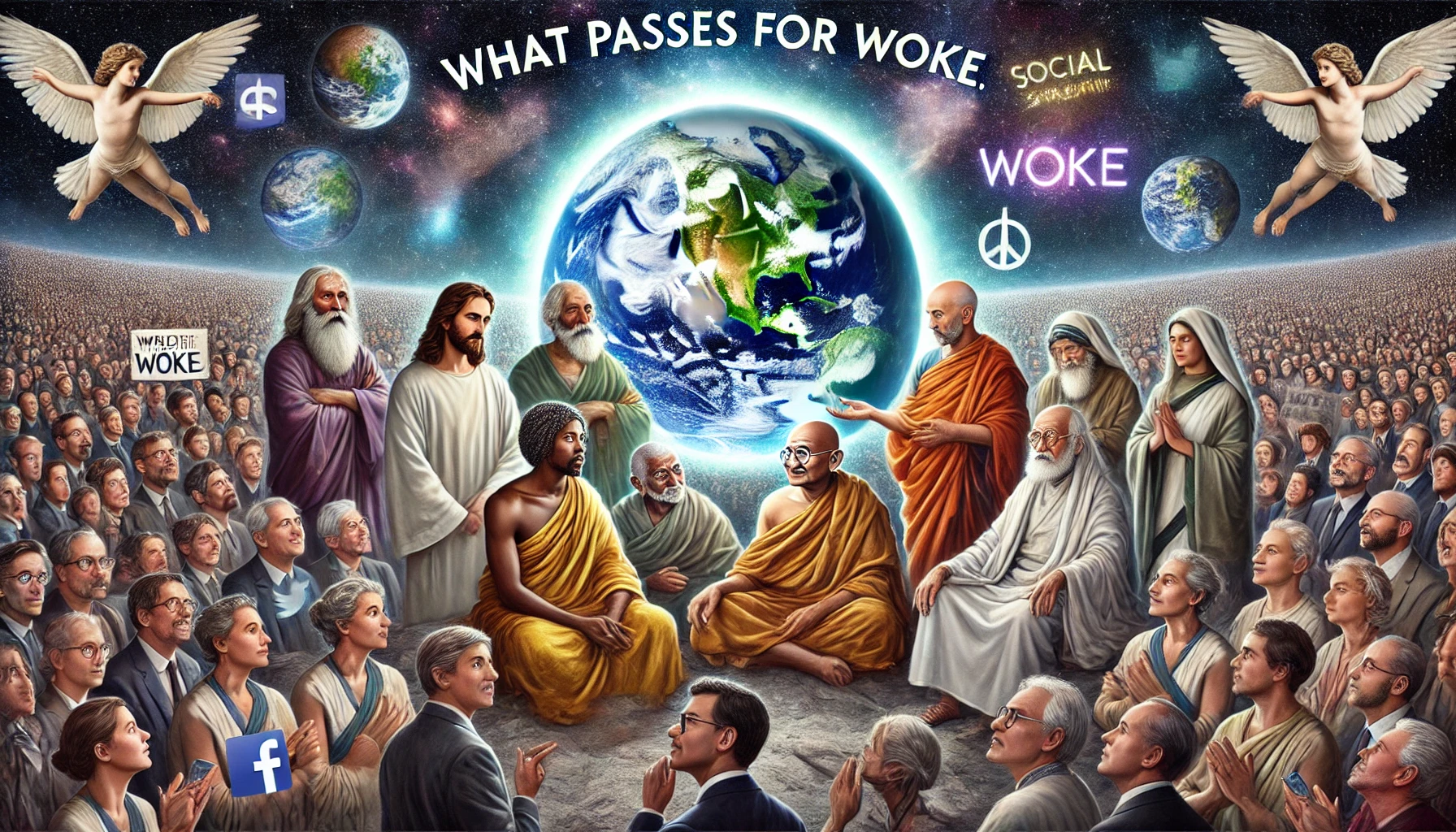

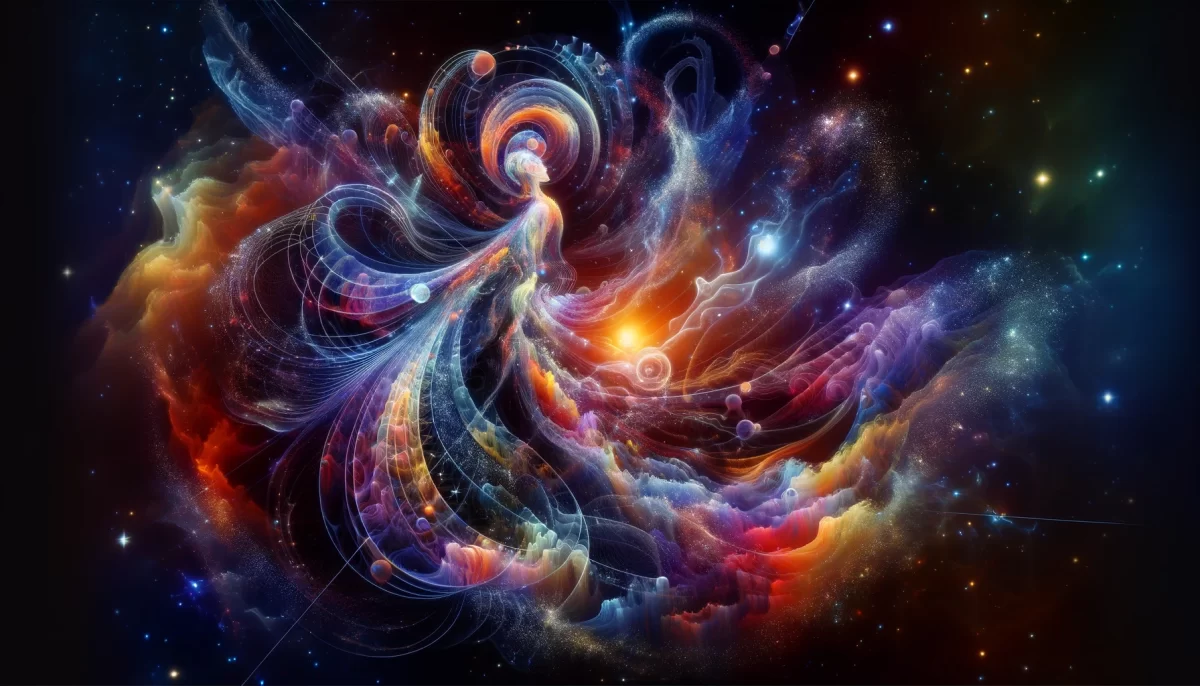
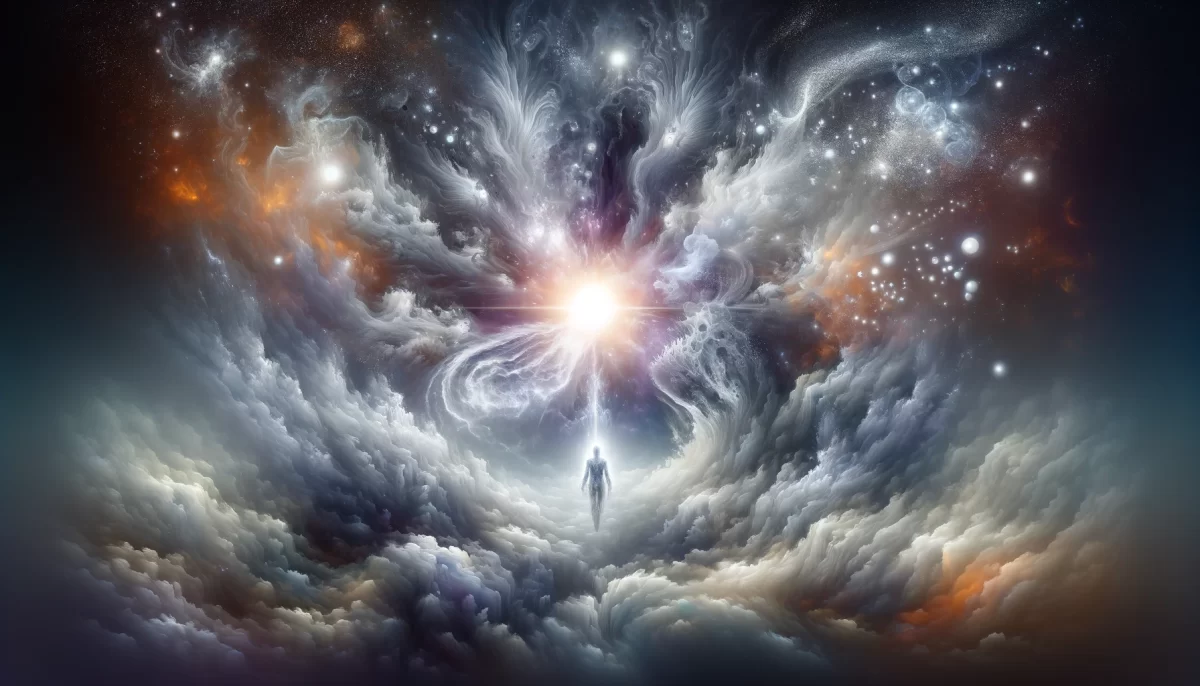


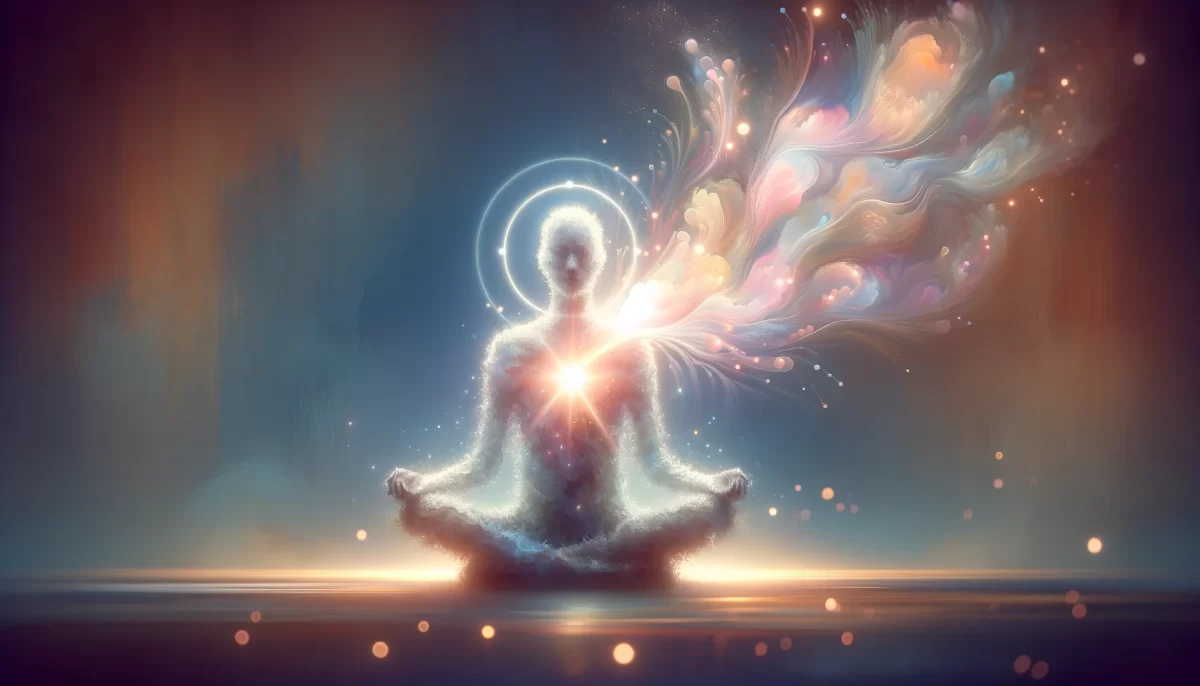
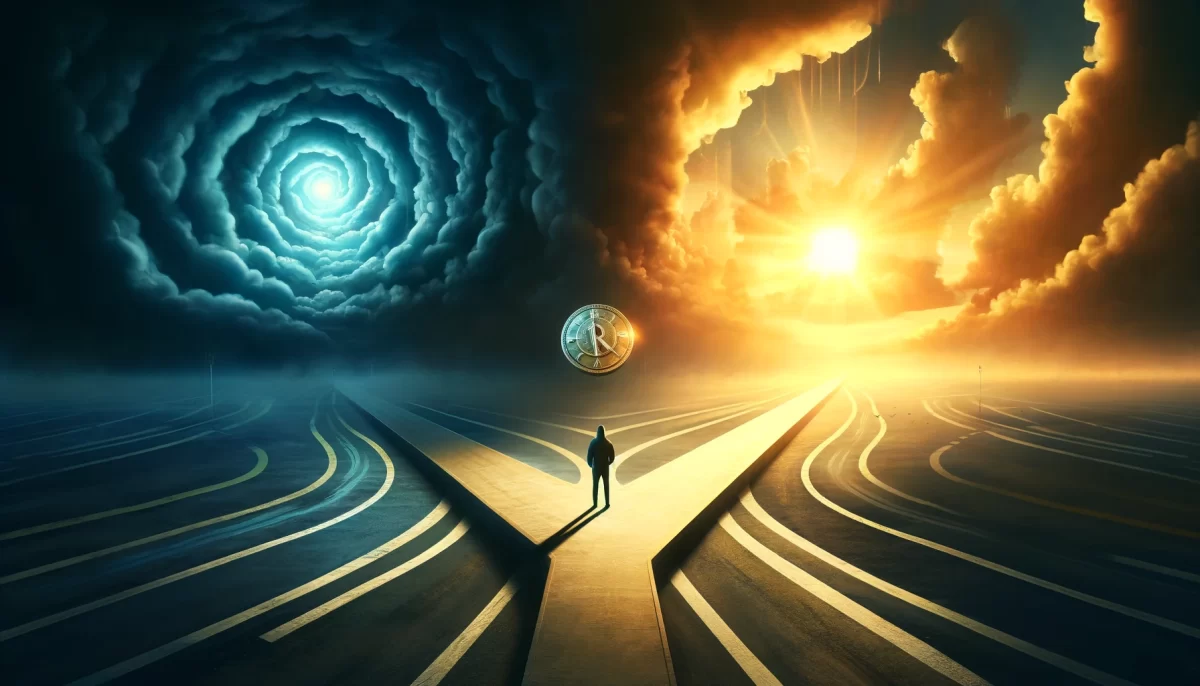
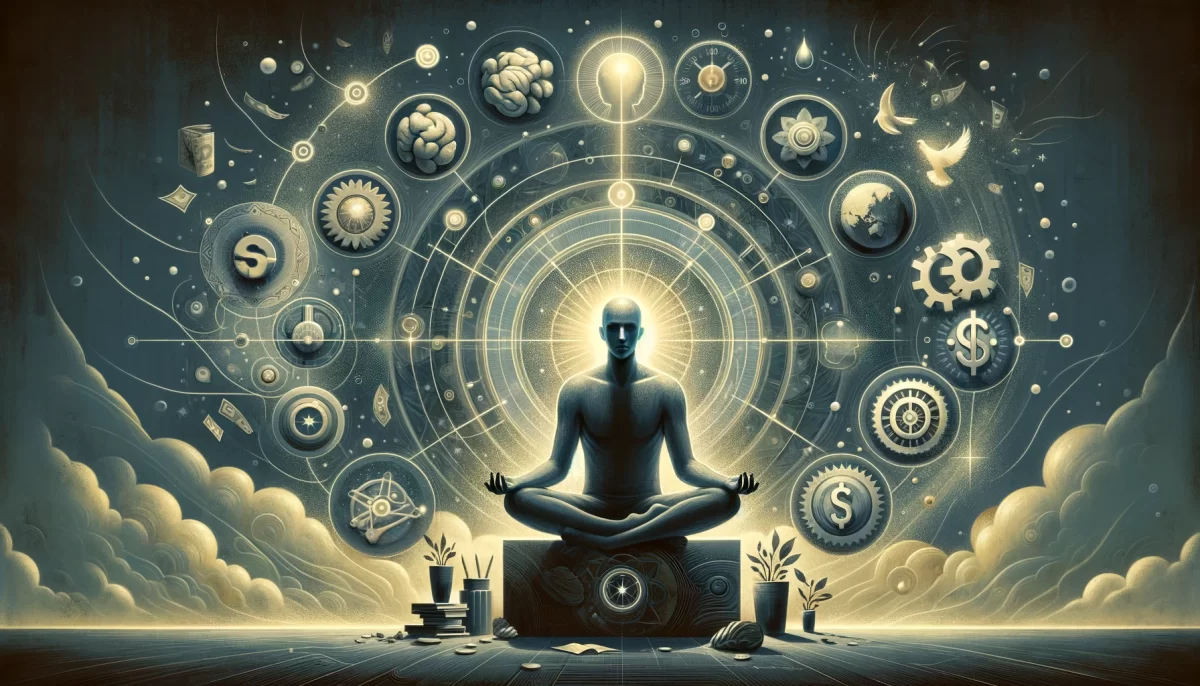
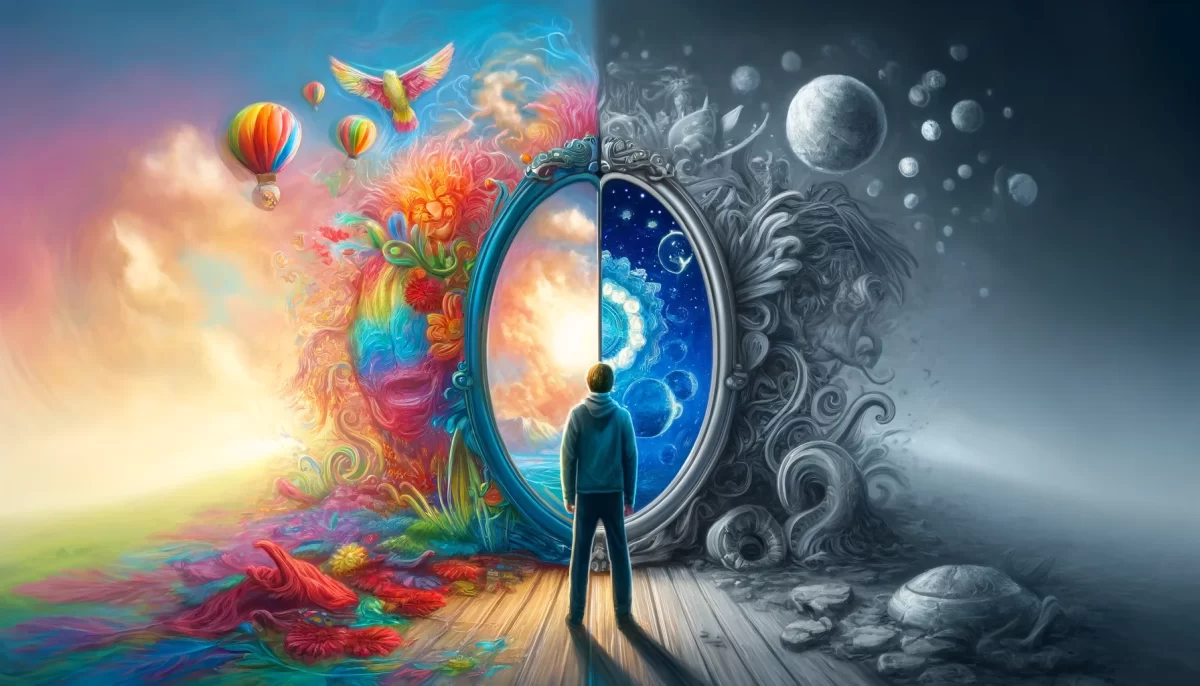
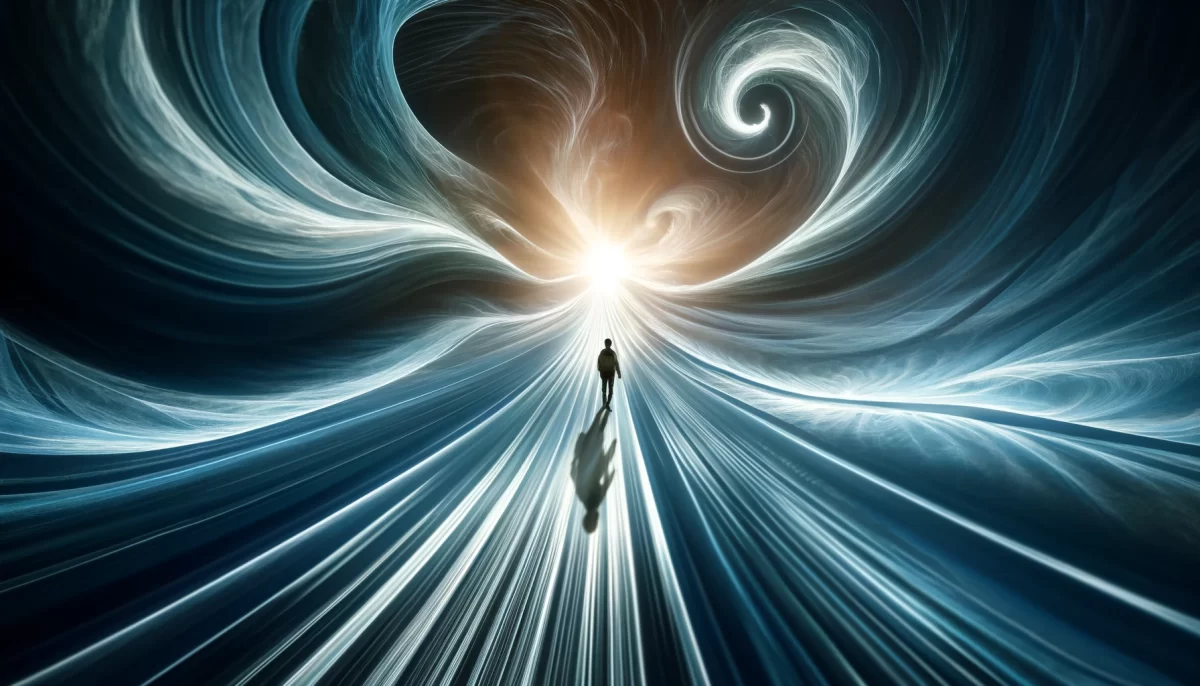

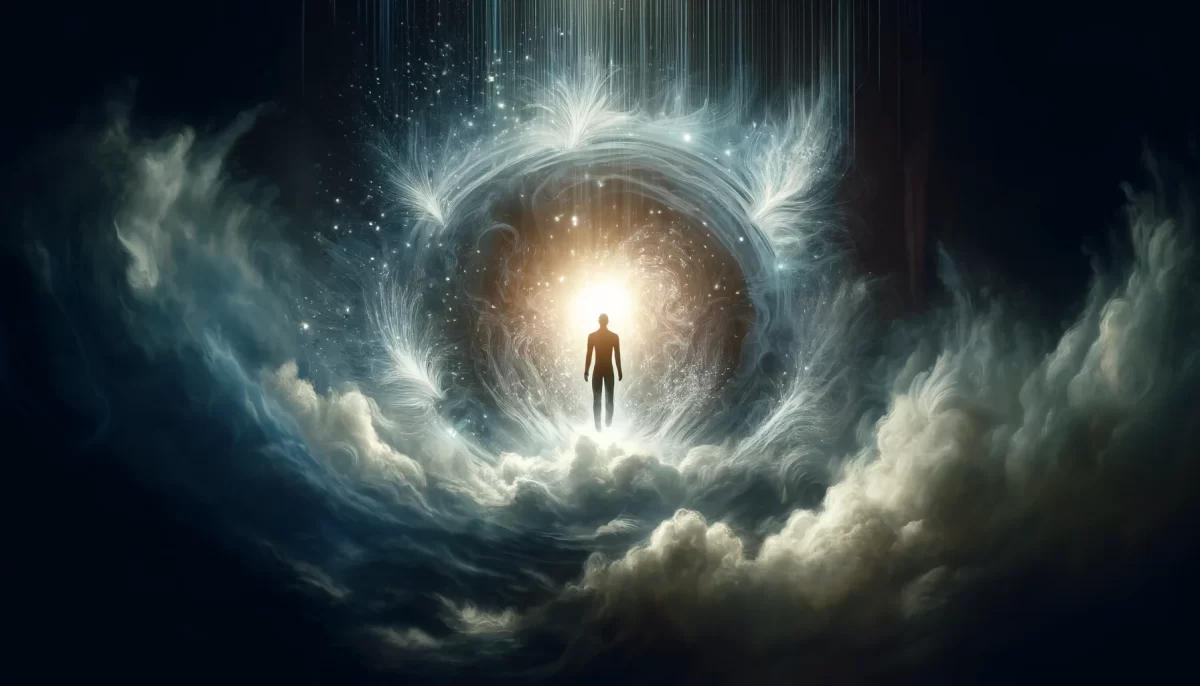
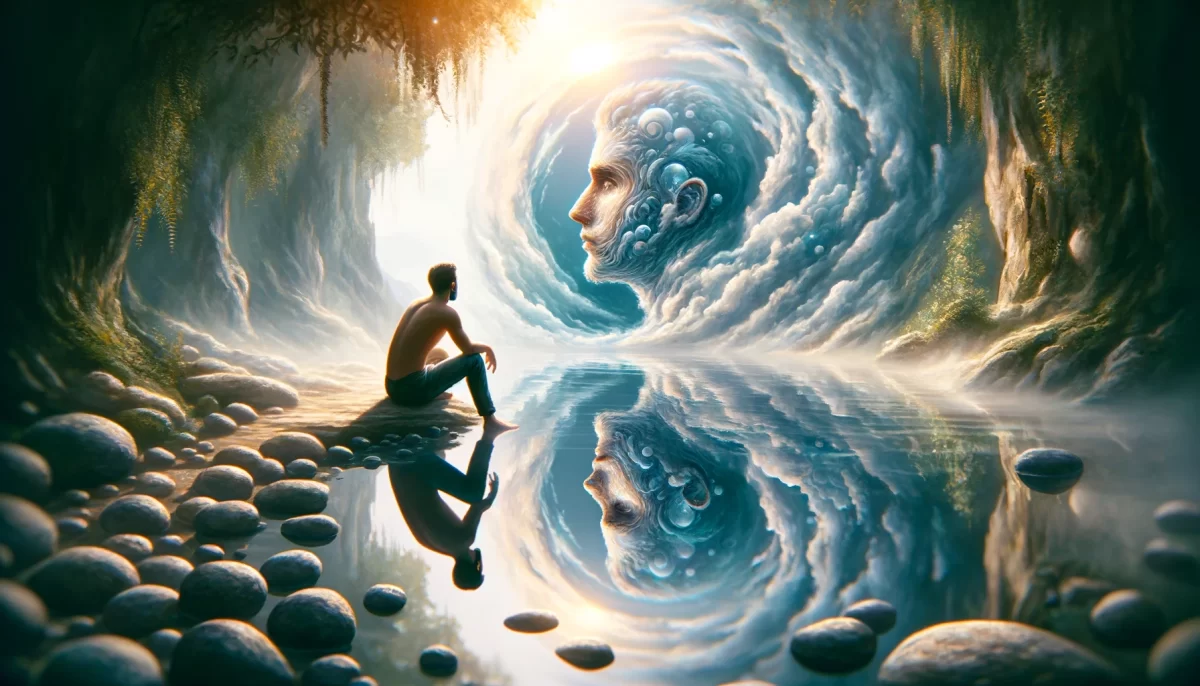
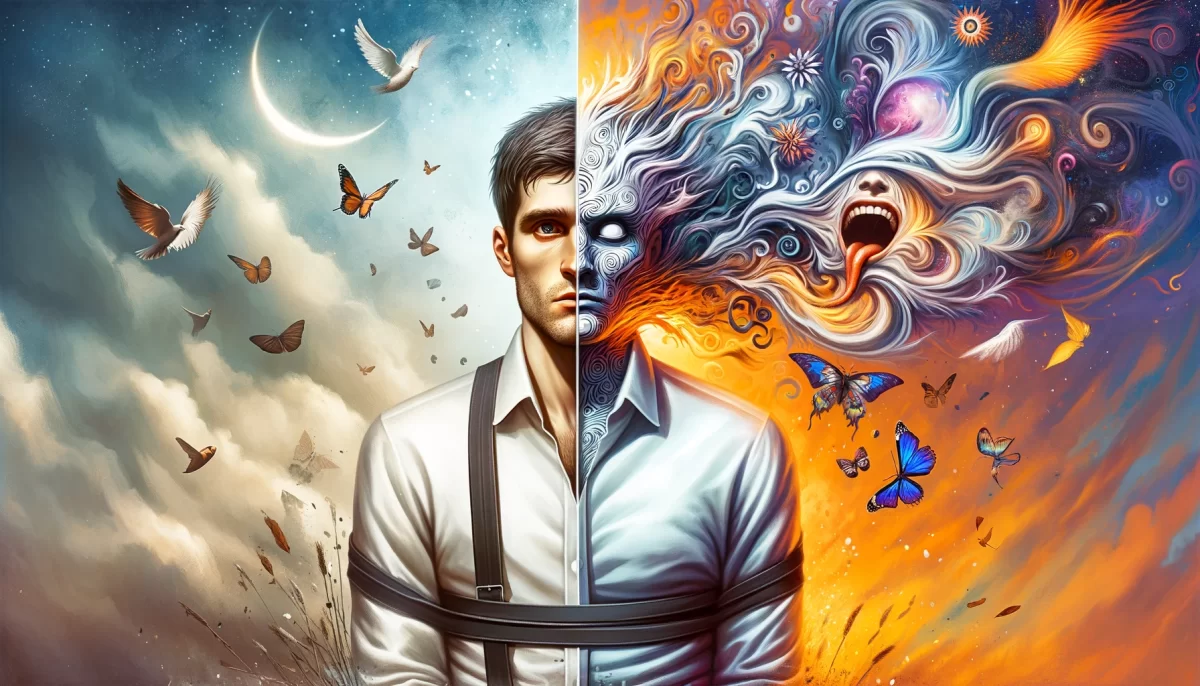
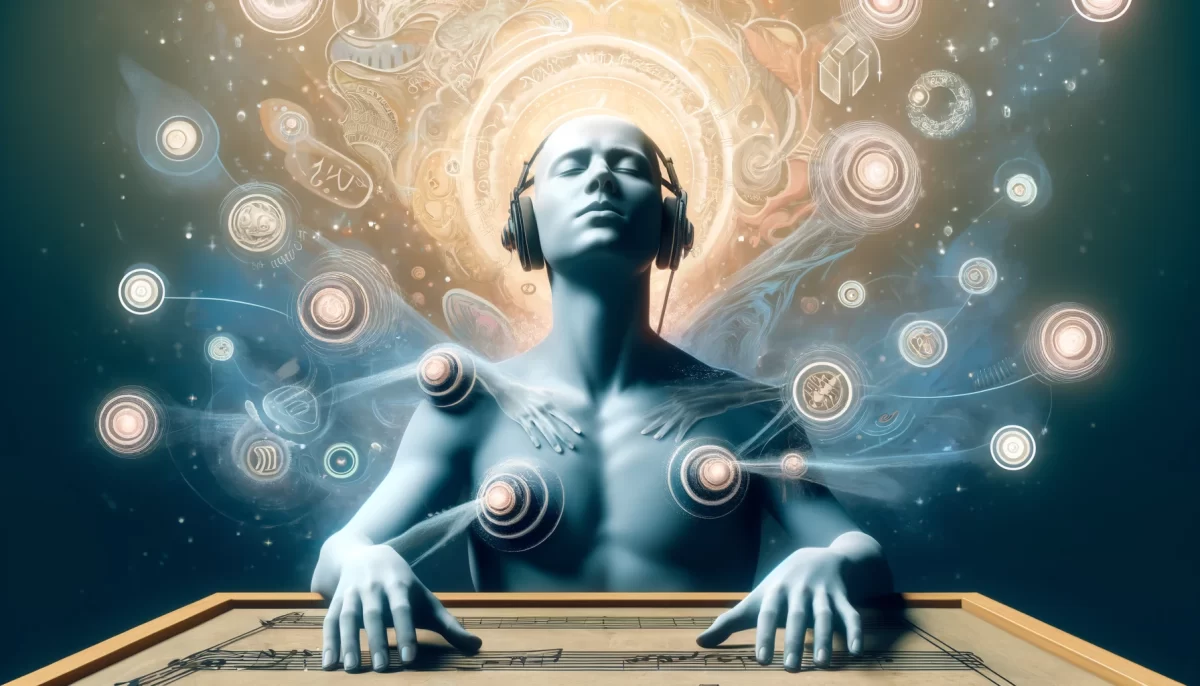
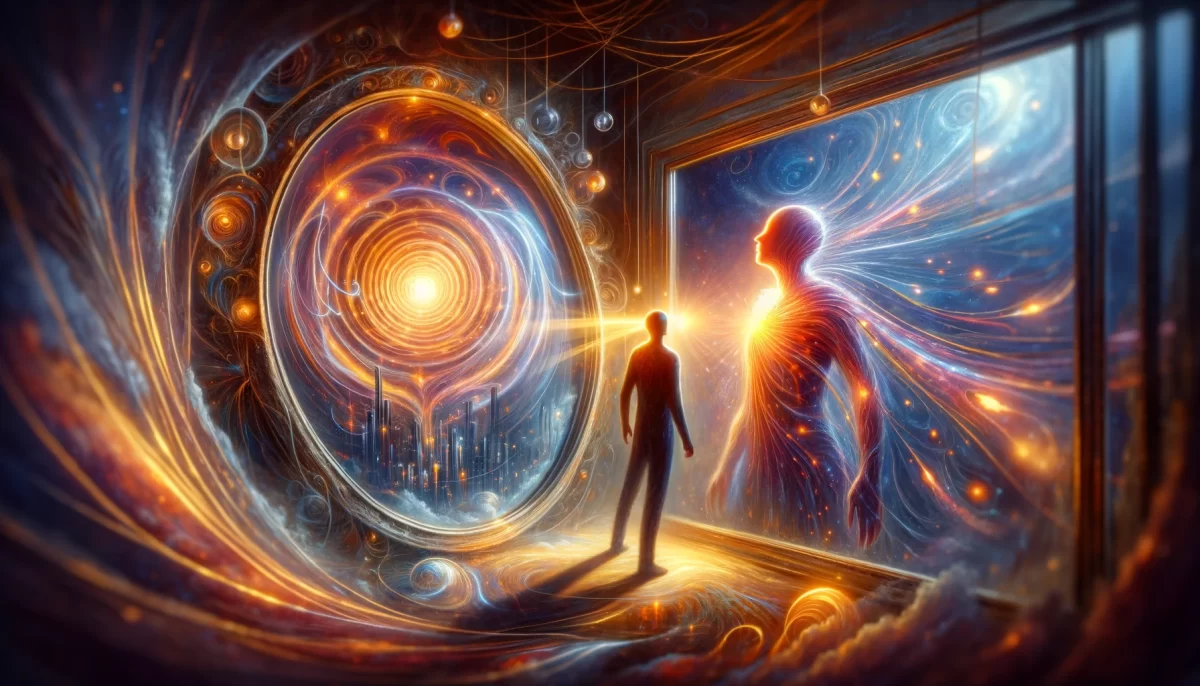
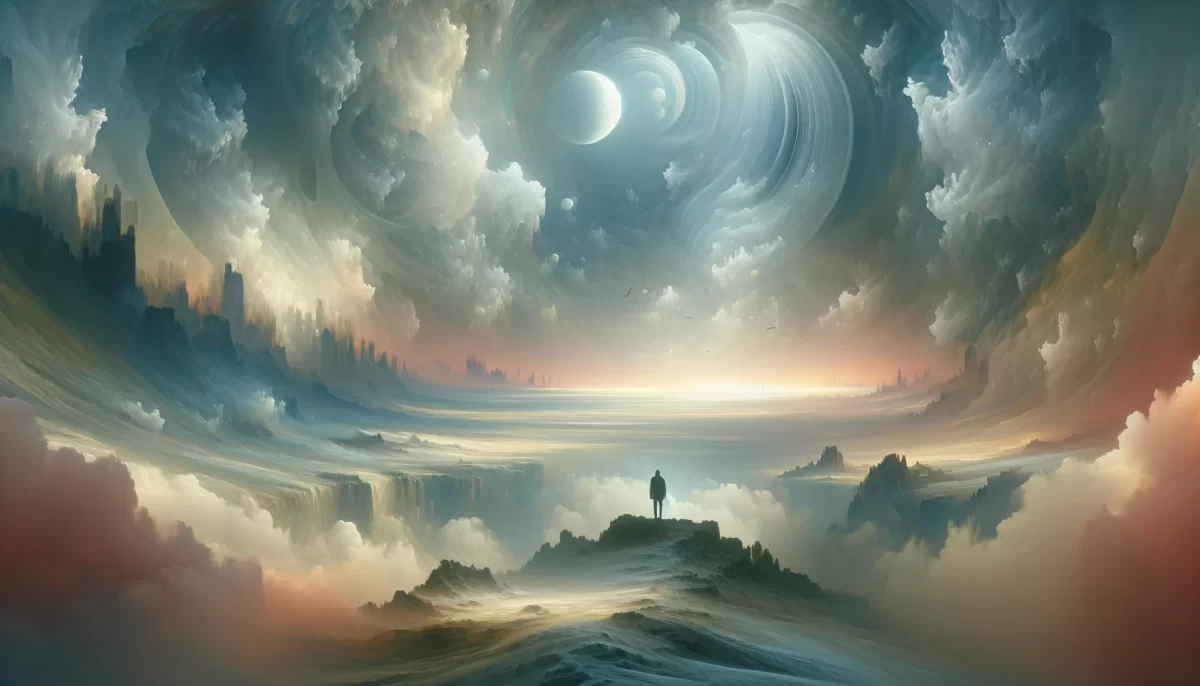
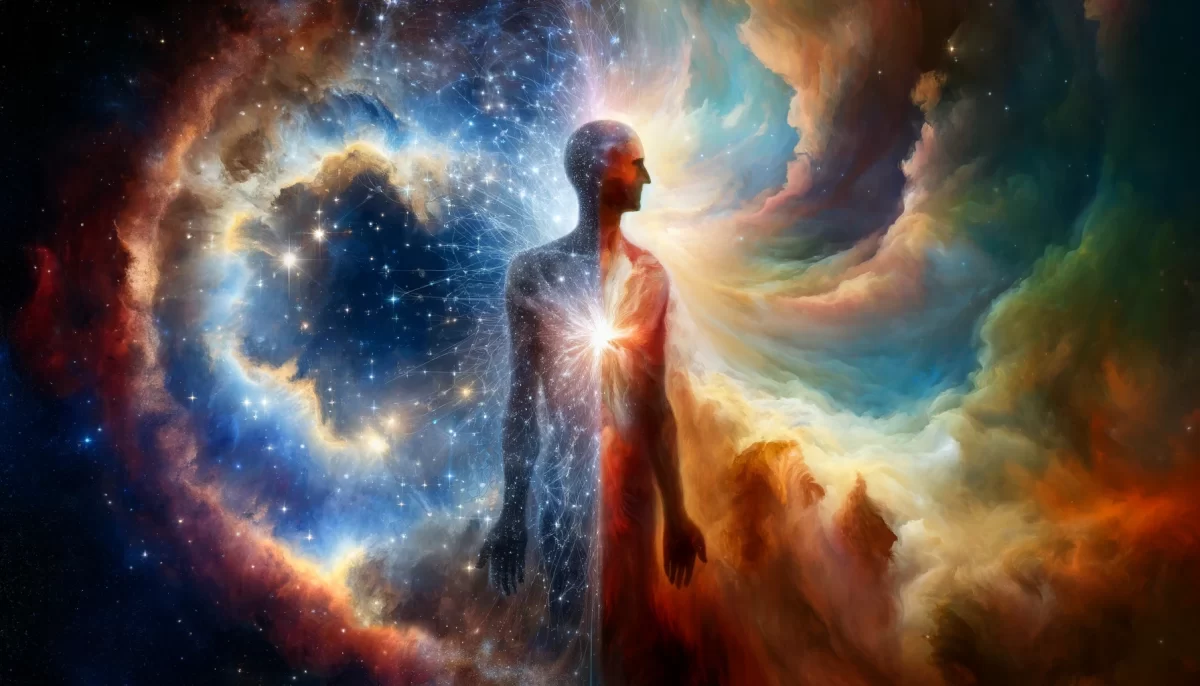


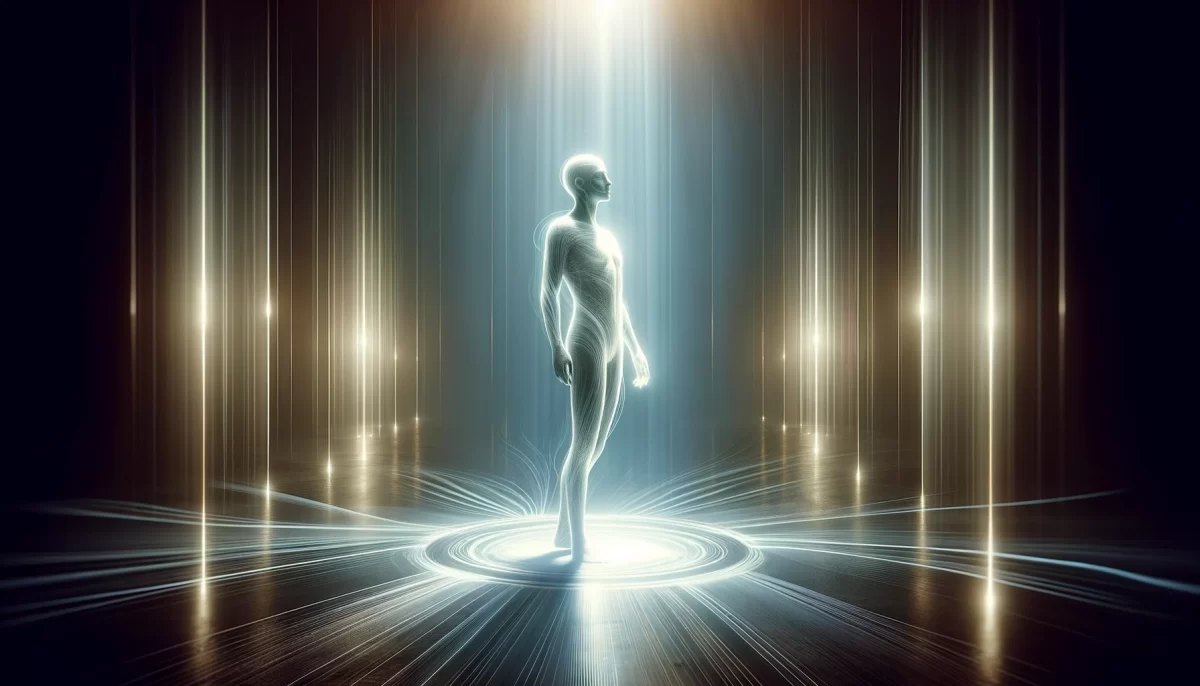
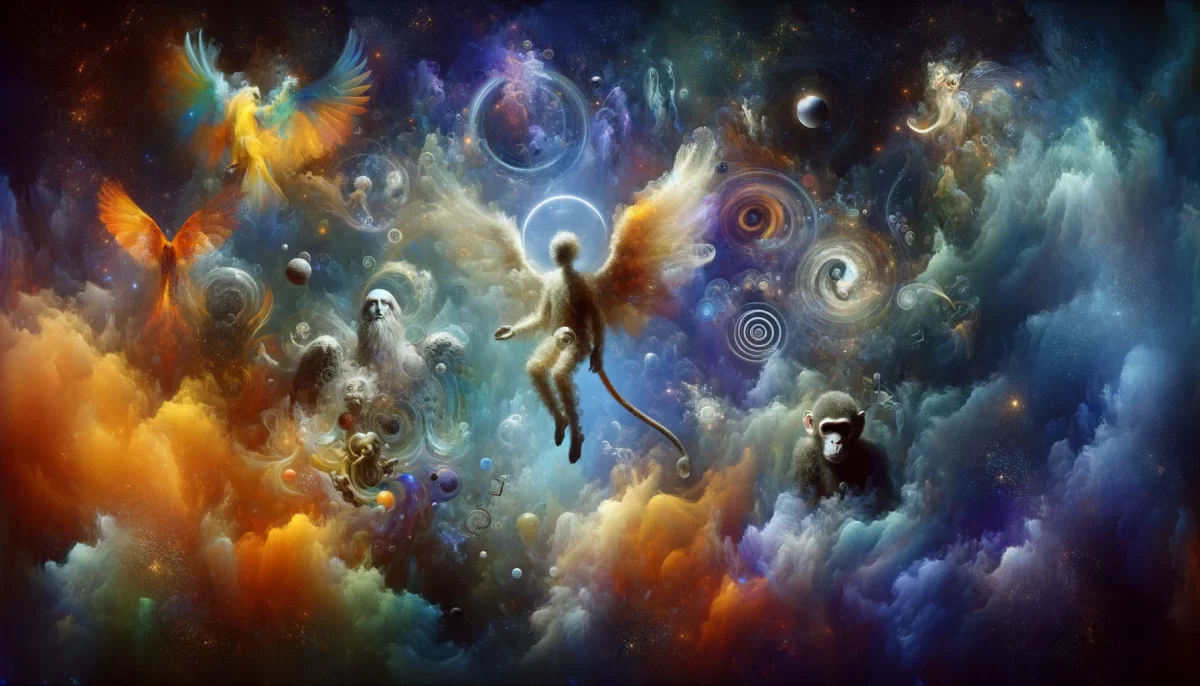
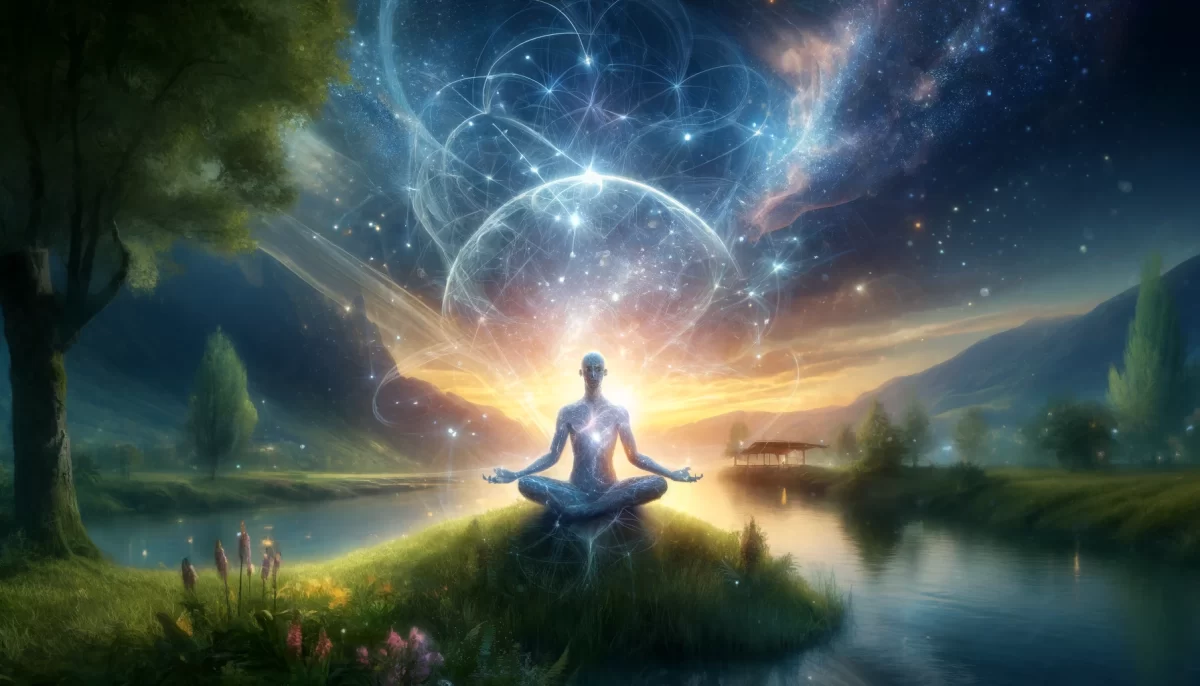
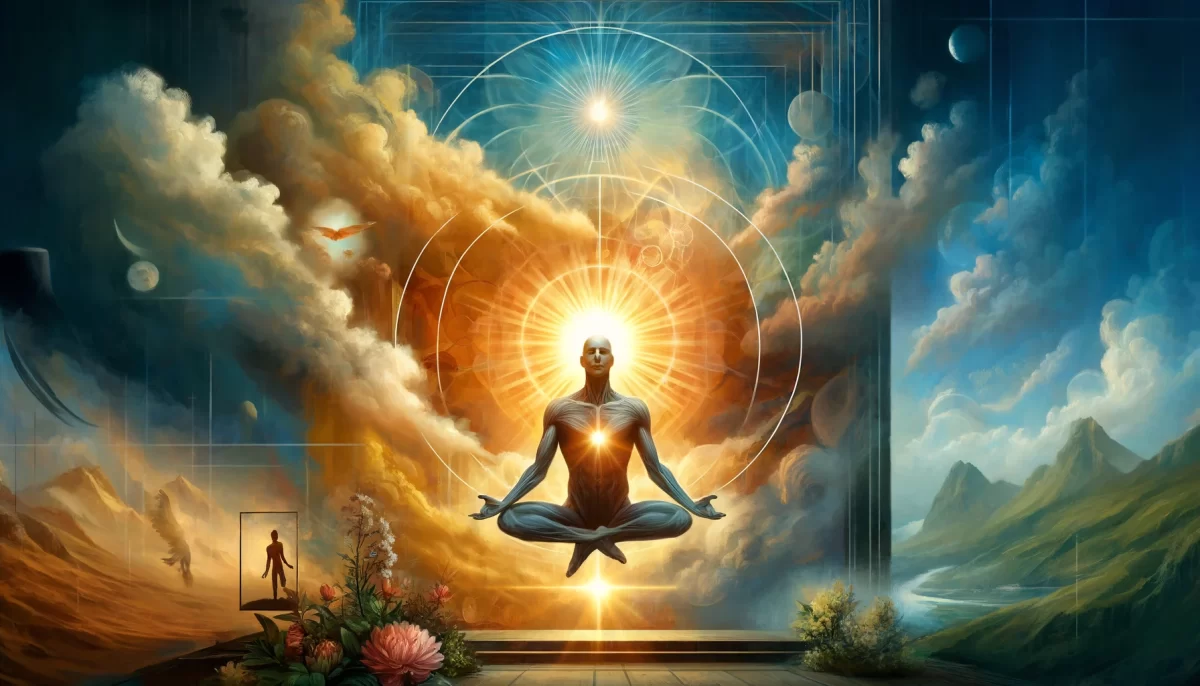
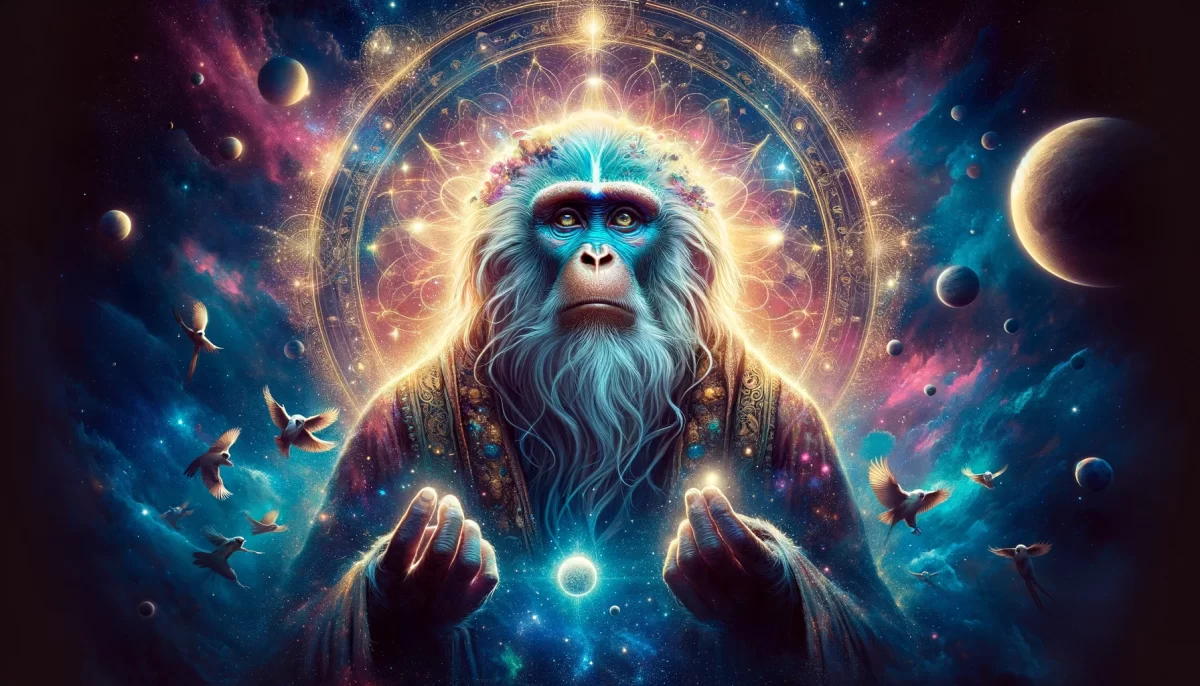
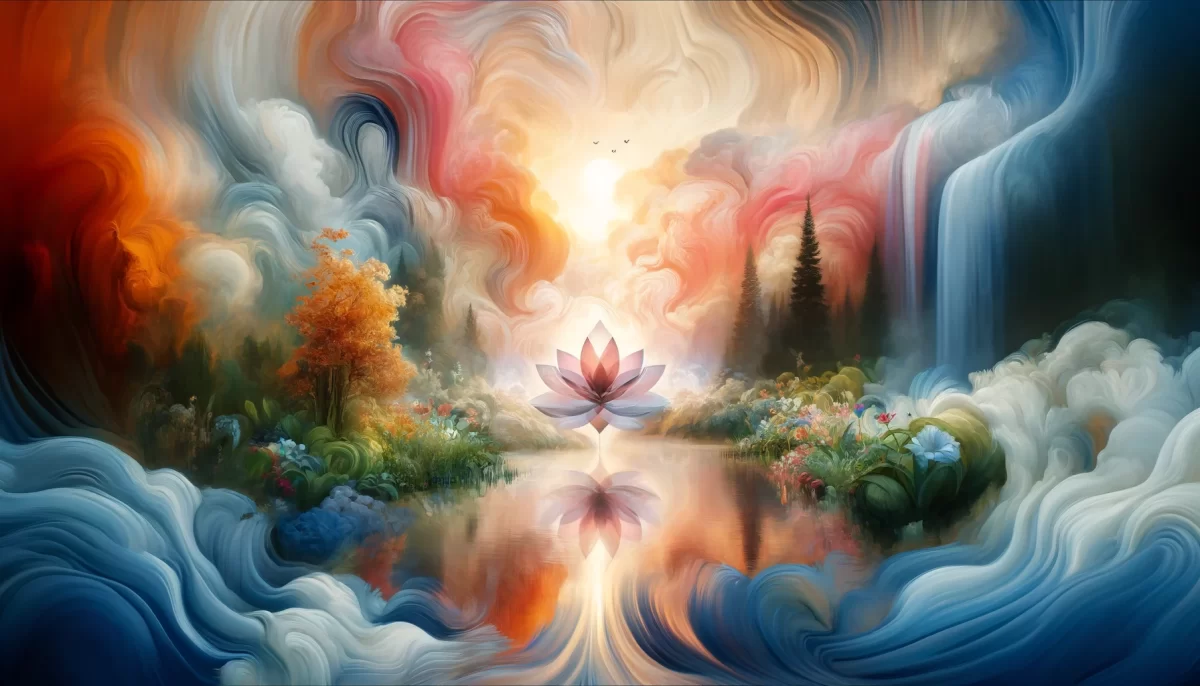
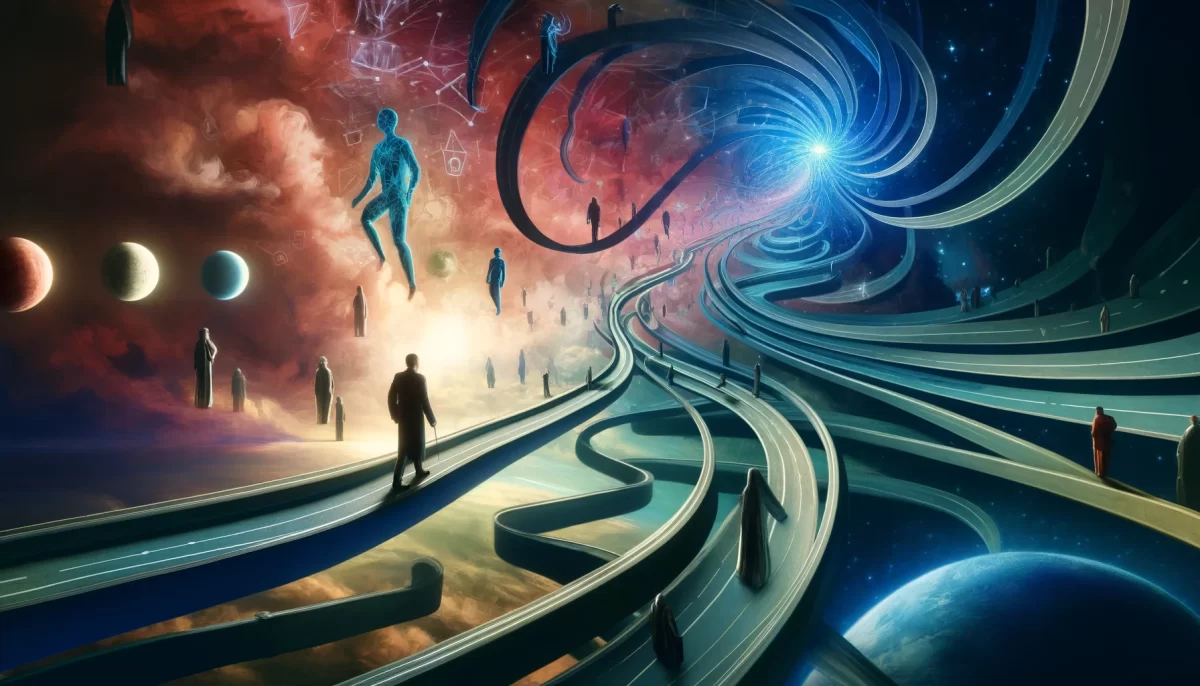
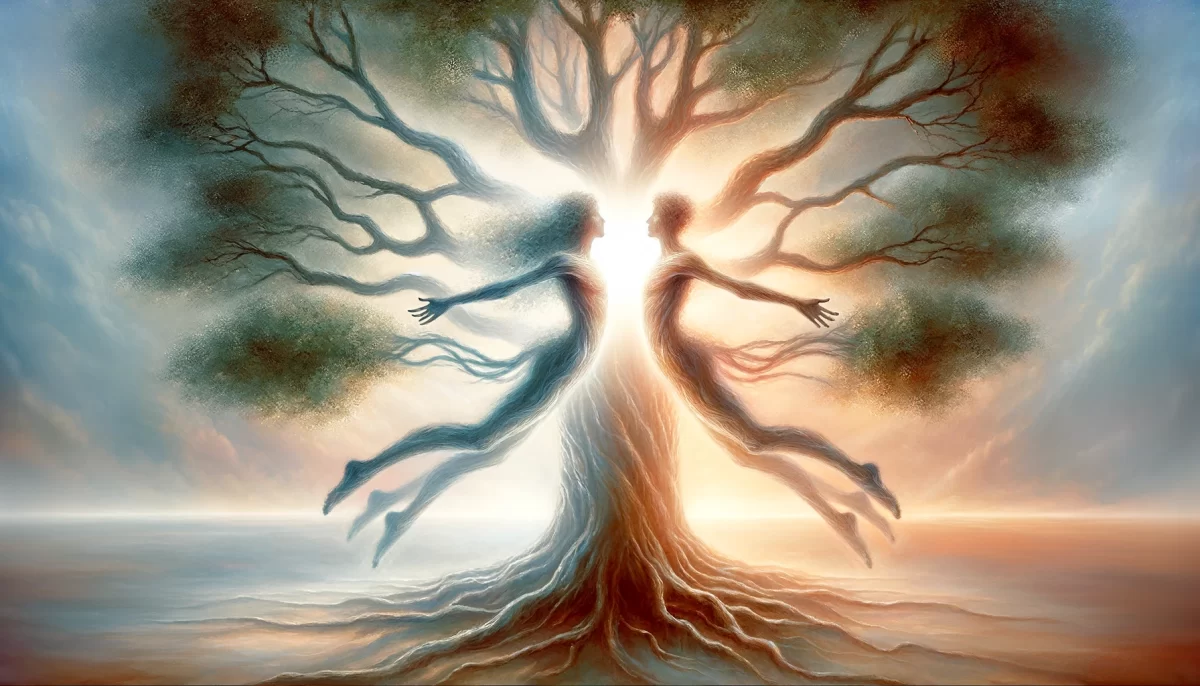
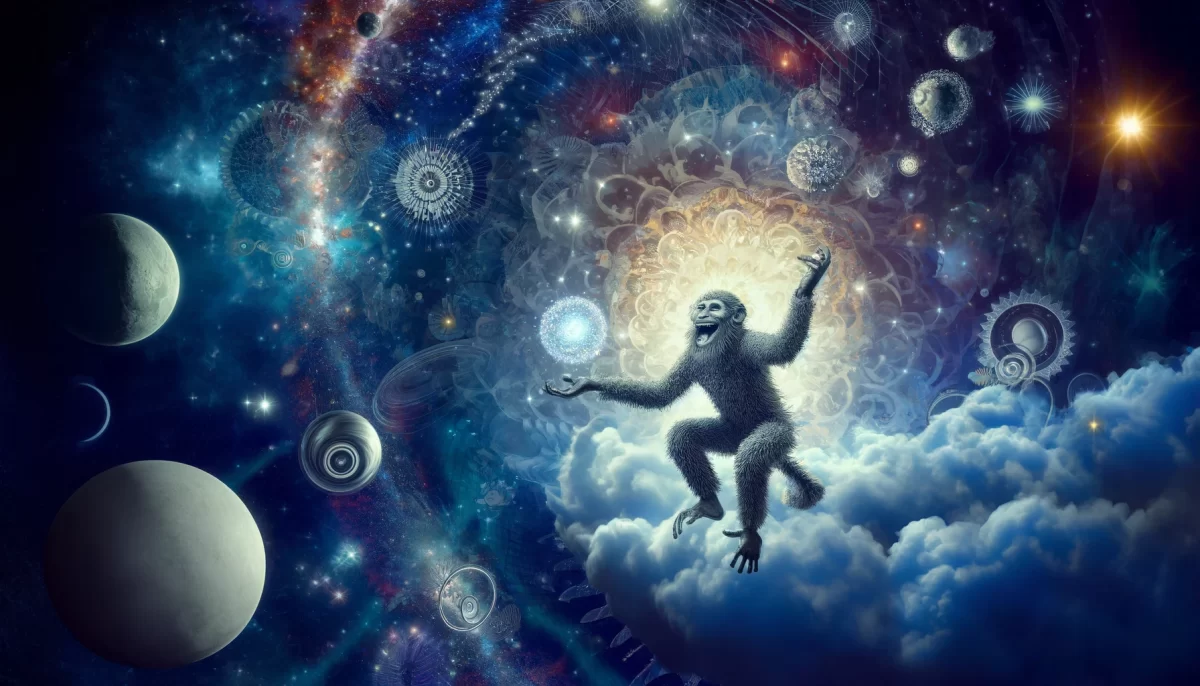
Leave a Reply